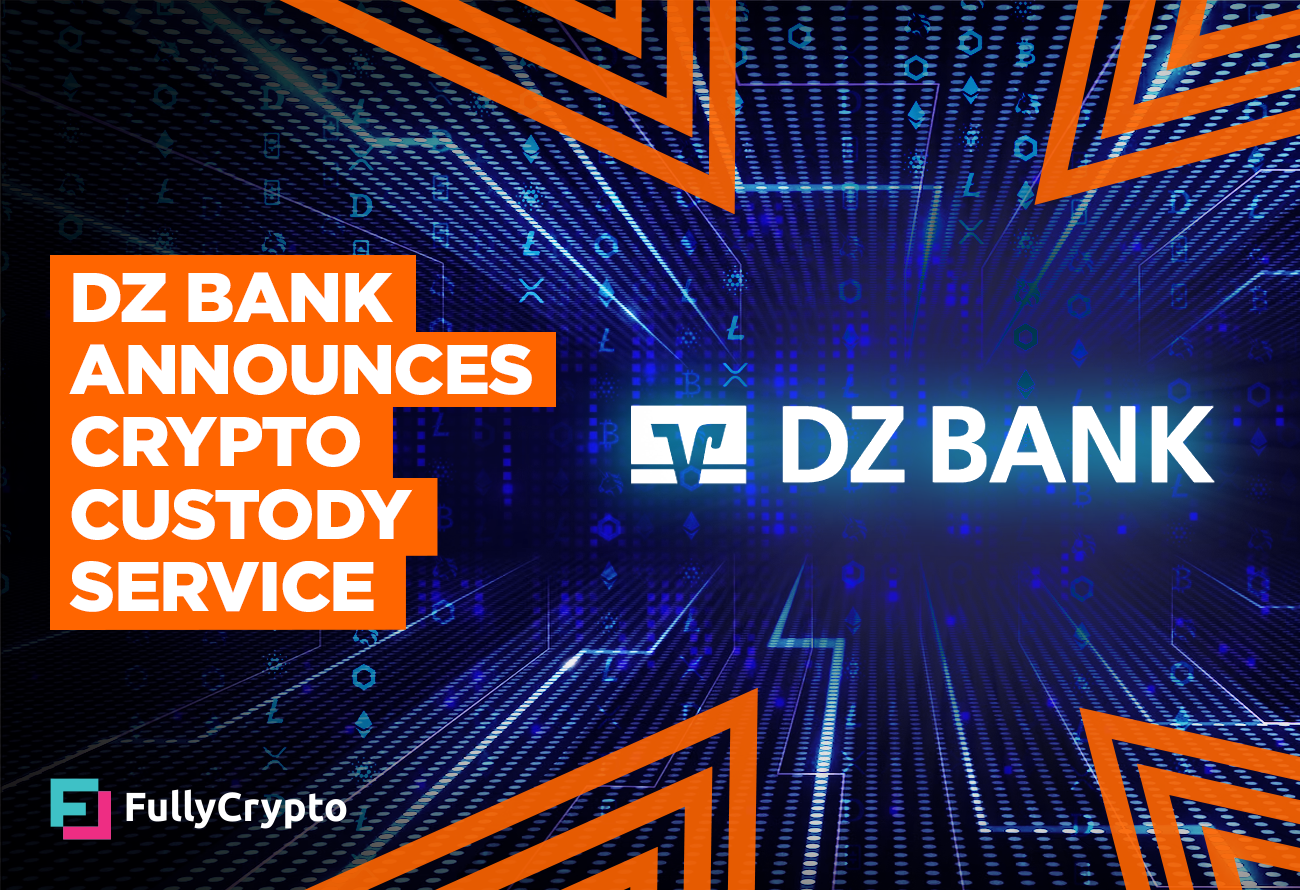
Reading Time: 2 minutes
- DZ Bank, Germany’s second-largest bank, has launched a crypto custody service targeting institutional clients
- The product utilizes Ripple’s Metaco Harmonize platform
- German banks have been increasingly embracing digital currencies despite regulatory challenges.
Germany’s second-largest bank, DZ Bank, has announced a crypto custody service in another sign that the country is serious about crypto adoption. The bank’s new service is aimed primarily at institutional clients and aims to offer a secure platform for safeguarding crypto assets, and will use Metaco Harmonize, a platform developed by Ripple, for the purpose. The move reflects a broader trend in the German banking sector, where institutions are increasingly embracing digital currencies despite the country’s stringent regulatory environment.
Siemens Already Using DZ Bank’s Crypto Storage
DZ Bank has been working with blockchain technology for years, and in 2022 it began building a digital custody platform for institutional customers using the platform created by Ripple. Initially, the survive will take a crypto bond from Siemens, which Union Investment and DZ BANK subscribed to six months ago and which could now be transferred to self-custody. DZ BANK had previously been involved as processor and custodian in the first external transaction of crypto fund shares from Bankhaus Metzler.
DZ Bank was able to offer the crypto custody solution after obtaining a license from Germany’s financial watchdog, the Federal Financial Supervisory Authority (BaFin), in June, and is also working on a product that will allow private customers to invest directly in cryptocurrencies. It submitted an application to BaFin for this purpose in mid-2023.
Decade of Growth Ahead
Dr. Holger Meffert, Head of Securities Services & Digital Custody at DZ Bank said in a press release that the next decade will likely see huge growth in the blockchain sector:
We assume that within the next ten years a significant proportion of capital market business will be processed via distributed ledger technology-based infrastructures. In the medium term, we see DLT as a complementary technology to the established infrastructures in the existing capital market processes.
With the existing infrastructure, the bank is also able to actively participate in the European Central Bank’s (ECB) exploration phase, in which the settlement of large-volume capital market transactions in central bank money is tested.
The move by DZ Bank reflects a broader trend in the German banking sector, where institutions are increasingly embracing digital currencies despite the country’s stringent tough environment. The push to integrate cryptocurrencies into conventional financial services is gaining momentum, with Germany experiencing a 3% increase in blockchain funding this year.
Note: This article have been indexed to our site. We do not claim legitimacy, ownership or copyright of any of the content above. To see the article at original source Click Here













